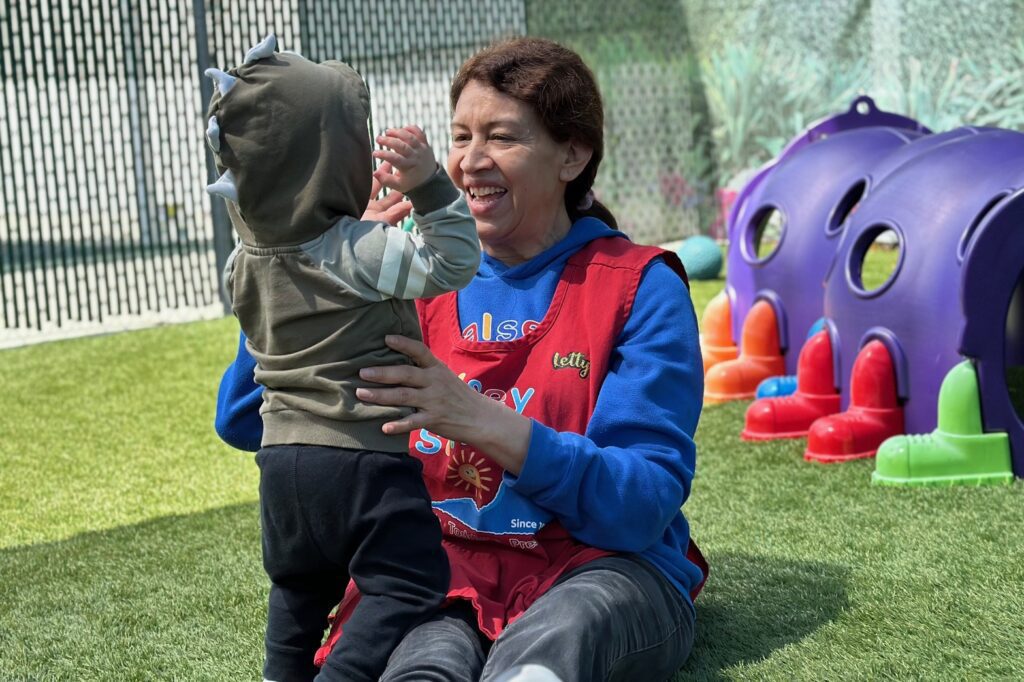Why it’s not okay to say “You’re O.K.”
Would you ever say “You’re Okay” to a sad friend? An injured parent? An angry spouse? You’re sick dog? Probably not, but many parents and even teachers often say “You’re O.K.” as soon as a child cries, falls, or gets feelings hurt by a friend or sibling. Why would we say “You’re okay” to a child but not to an adult?
We know if we don’t address the adults feelings or pain, we are invalidating what they are feeling and experiencing. We’re brushing it off like nothing happened. But with a child, sometimes we think it is reassuring, will keep them from crying, or will let them know we’ll take care of it. But when we say “You’re O.K.,” it’s not Okay. It communicates something totally different.
What does saying “You’re Okay” really tell a child?
If we say “You’re okay,” we are telling the child “What you’re feeling isn’t real. Nothing is wrong.” If we say “You’re okay,” we invalidate the child’s emotions, feelings, pain. It doesn’t make it better. It teaches children to hide their emotions and feelings because they are not accurate, important or maybe not even real. No one wants to do that. Right? So what should we say and do instead?
What to say and do instead of saying “You’re okay.”
When a child is in emotional or physical pain, acknowledge it first.
- “Is everything o.k. Michael? You look sad?”
- “Are you o.k.?”
- “Did Johnny take your toy? How do you feel about that?”
- “Ooops. Looks like you bumped your knee. Does it hurt?”
After you acknowledge and name the feeling, then offer solutions if need be.
- “Oh you’re sad because Kara isn’t here today. I can understand that. She’s a good friend. Let’s see if we can make another friend today.”
- “Oh you slipped on the sand and hurt your elbow. That’s painful. Let’s clean and it up in the bathroom. Would you like some ice on it?”
- “I can see you’re frustrated, let’s go talk to Johnny and see what we can do.”
- “We’ll clean up your knee and pick out a band-aide. How does that sound?”
By acknowledging children’s pain, we encourage them to feel and recognize their emotions. We are letting them know the pain is real and we understand it. When we talk to them about it, we encourage them to express their feelings. When we offer solutions, we provide them the nurturing and understanding adult guidance they need. Isn’t that better than “You’re okay?”
- Happy Times November 2024 - October 29, 2024
- Ms. Tiffany - September 27, 2024
- Happy Times October 2024 - September 27, 2024





